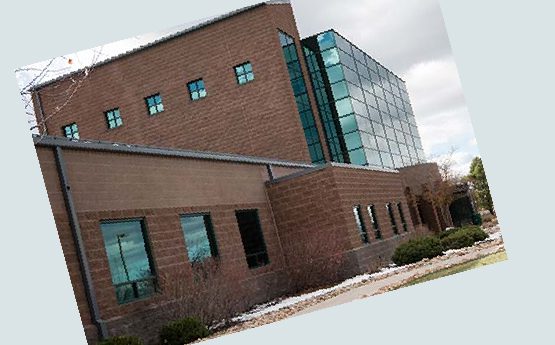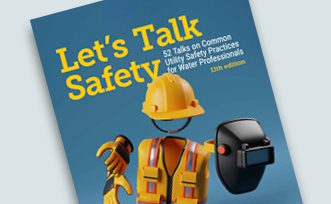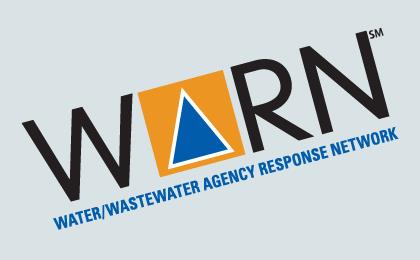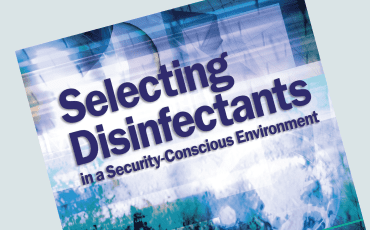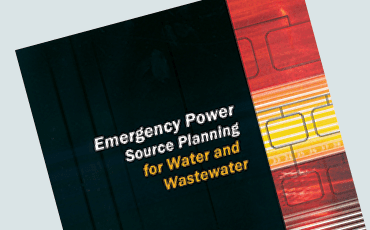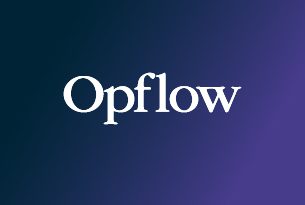Emergency Preparedness


Emergency Preparedness
AWWA believes that emergency preparedness and security are of paramount importance to the reliable delivery of safe drinking water, the protection of public health, and the safety of the professionals responsible for water systems serving our communities.
Resources
Water/Wastewater Agency Response Network
A Water and Wastewater Agency Response Network is a network of utilities helping other utilities to respond to and recover from emergencies. The purpose of a WARN is to provide a method whereby water/wastewater utilities that have sustained or anticipate damages from natural or human-caused incidents can provide and receive emergency aid and assistance in the form of personnel, equipment, materials and other associated services as necessary from other water/wastewater utilities.
Committee Report: Pandemic Responses Learned — Water Sector Best Practices
The COVID-19 global pandemic posed major challenges to nearly all aspects of society. Sustaining safe operations of critical infrastructure, such as water and wastewater, was particularly challenging. This committee report presents water sector pandemic response best practices and lessons learned from an Operations and Human Resources Management perspective.
This report provides water and wastewater systems with a reference document for pandemic planning and future pandemic response. Some content may also be valuable for planning for and response to non-pandemic disasters.
Water Sector Resource Typing Guidance
Resource typing is one component of a utility’s overall risk and resilience management strategy that includes maintaining an emergency response plan (ERP), applying National Incident Management System (NIMS) principles, establishing mutual aid and assistance agreements, and considering business continuity planning needs.
This guidance facilitates the development of resource types for water sector personnel, teams, and equipment, allowing for the development of mission-ready packages and allowing for expedited mutual aid requests and responses
Emergency Planning For Water/Wastewater Utilities
One mark of a utility that has the capacity to respond effectively to emergencies is a strong preparedness culture. This culture is evident when an emergency response plan (ERP) is kept current — staff are trained in their responsibilities as they relate to the plan; resources necessary to implement the ERP are supported by the budget; and a management process is in place for staff to take corrective action when necessary improvements are identified.
Improvements are identified through risk assessments, plan updates, training, exercises, incident investigations, and other activities described in this manual.
Resources:
Technical Resources
Reports
Manuals
AWWA Standards
M19 Emergency Planning for Water and Wastewater Utilities
This manual presents an all-hazards approach for principles, practices, and guidelines in water utility emergency planning.
Get the Manual
M60 Drought Preparedness and Response
This manual will help water managers facing water shortages by illustrating how to employ tried-and-true strategies and tactics of drought mitigation, as well as introducing new tools and methods.
Get the Manual
M71 Climate Action Plan: Adaptive Management Strategies for Utilities
This manual provides comprehensive global guidance providing the relevant information required to develop a Climate Action Plan (CAP).
Get the Manual
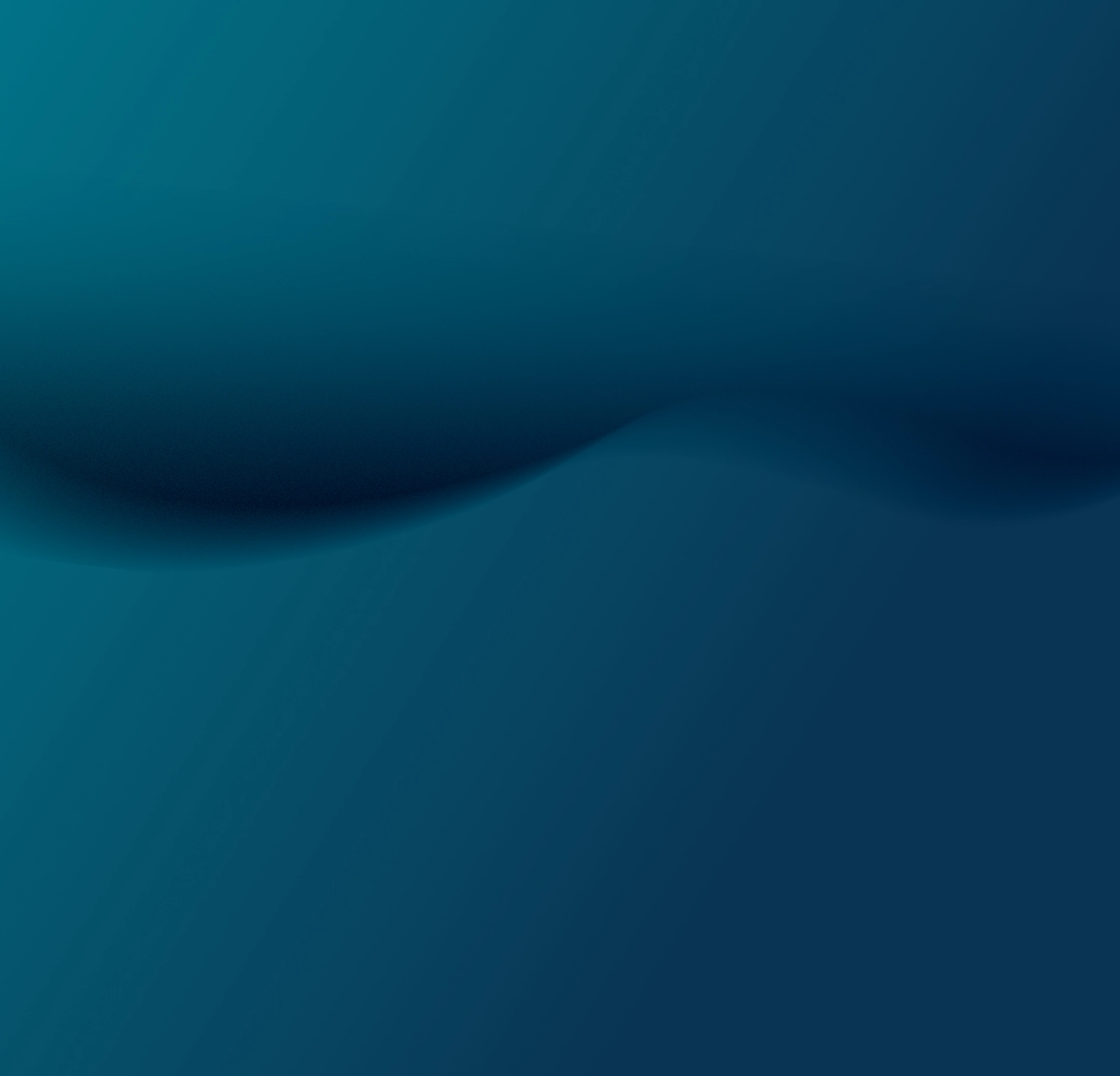
Advertisement
Events With a Focus on Emergency Preparedness
See All Events
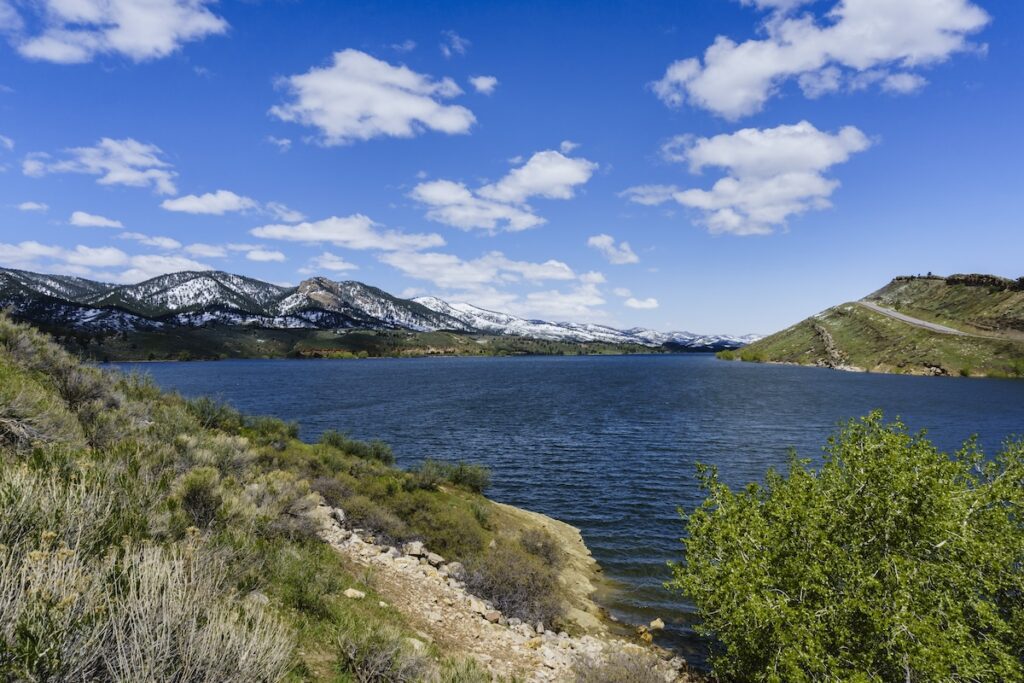
AWWA Policy Statements
AWWA’s policy statements are brief statements on protecting and improving water supply, water quality, management, and the interests of the public and the environment. They are written by consensus, subject to review and comment by AWWA committees, councils, and members. Because they represent AWWA’s position on these matters, they are approved by the AWWA Executive Committee of the board of directors.
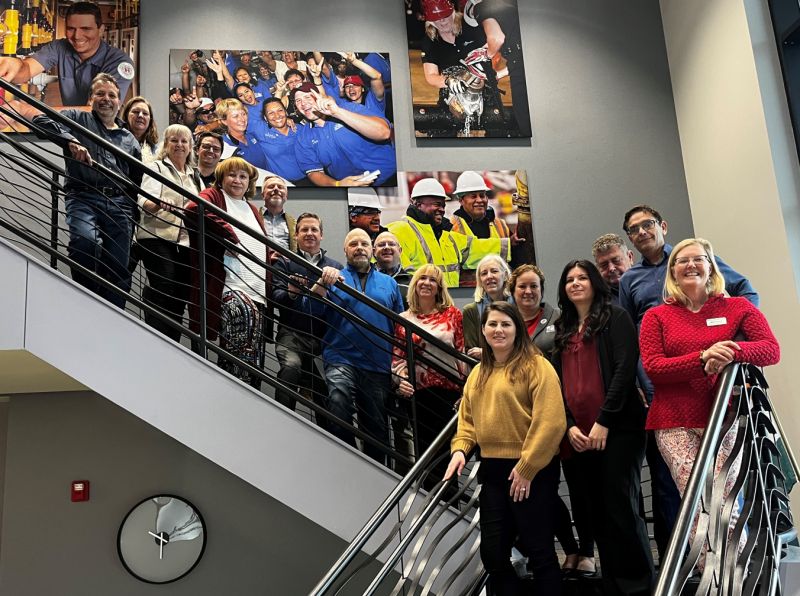
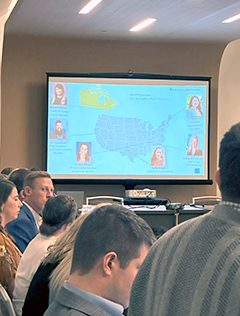
Technical Committee Engagement
AWWA members are recognized globally for their industry expertise and their generosity in sharing that expertise for a better world through better water. AWWA members participate in committee activities, developing conference programs, writing technical manuals, developing standards, creating educational content and contributing to AWWA publications. Committee members primarily interact through conference calls, emails, and face to face meetings at conferences and events.
Emergency Preparedness and Security
Standards Committee on Emergency Preparedness Practices
Advertisement
